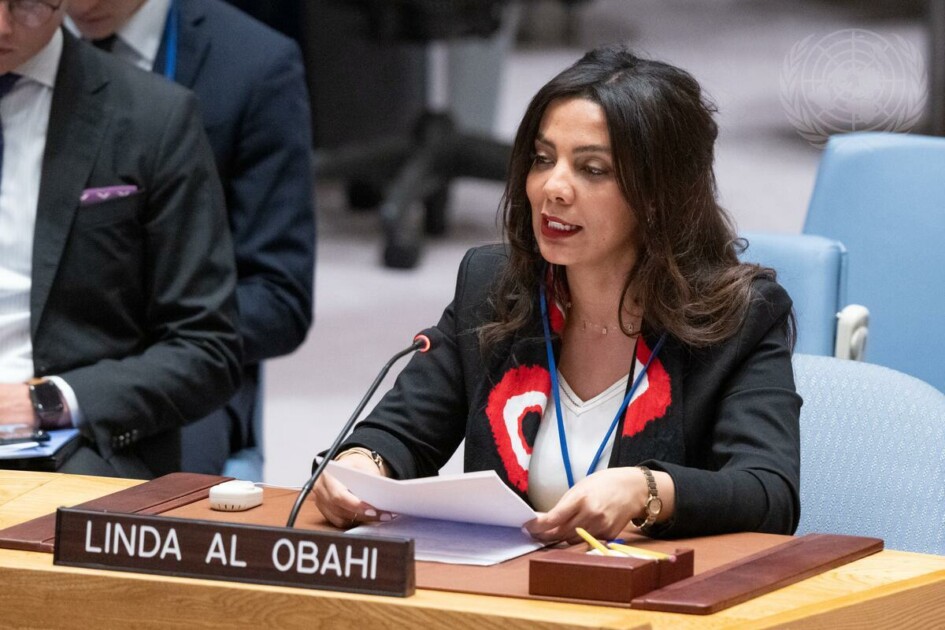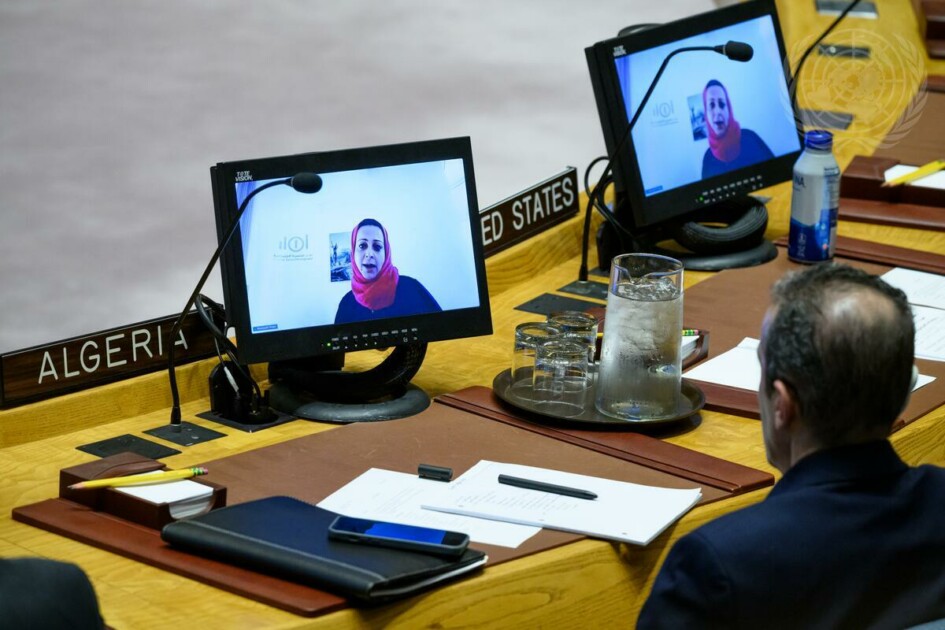Yemen
Yemen
Current and Past Recommendations to the UN Security Council (Monthly Action Points)
In its discussion of the situation in Yemen, the Security Council must emphasize its unwavering support for the ongoing truce and remind all parties to the conflict and their allies of the importance of upholding international humanitarian, human rights, and refugee law. Since the truce came into effect on 2 April 2022, there has been an overall reduction in violence against civilians and some limited improvements in humanitarian space. However, against the backdrop of the ongoing health, economic, environmental, and climate crises, the humanitarian situation will continue to be dire. An estimated 23.4 million Yemenis are in need of assistance, an increase since August 2021, when ERC Griffiths reported to the “astonishing” figure of “more than 20 million people” or two-thirds of the Yemeni population being in humanitarian need. More than 80% of Yemenis now live below the poverty line, some on less than 50 cents a day. This is particularly evident among the marginalized Muhamasheen community and internally displaced persons (IDPs) and in districts heavily impacted by frontline fighting. Yet, delivery of humanitarian assistance, including notably to the estimated 4 million persons with disabilities in Yemen, continues to be undermined by ongoing constraints on humanitarian access (specifically in the context of access to services, restrictions on movement – particularly of female aid workers – and interference with humanitarian activities), lack of sufficient donor funding to meet growing humanitarian needs, and ongoing restrictions on imports of oil, food and other vital supplies. At the same time, conditions in camps for IDPs, particularly women and girls, often fail to meet fundamental needs, with women unable to access essential services, such as clean water and health care. Further, human rights violations targeting marginalized communities, including diverse women, persons with disabilities, displaced persons, migrants and ethnic and religious minorities continue to be documented. In particular, women and girls face restrictions on their freedom of movement, lack of access to basic services, including sexual and reproductive health services, and threats and risks, including arbitrary detentions, enforced disappearances, hate speech, and even targeted killings, particularly for women peacebuilders, human rights defenders, political leaders, activists, artists, and journalists. Council members must continue to emphasize the necessity of an inclusive Yemeni-led and Yemeni-owned political process with the full, equal and meaningful participation of diverse women, youth and civil society of all political backgrounds from all regions of Yemen, in all diplomatic tracks and stages of the peace process, and offer their full support to the Special Envoy in consulting regularly and transparently with diverse women’s groups.
Relevant Resources








